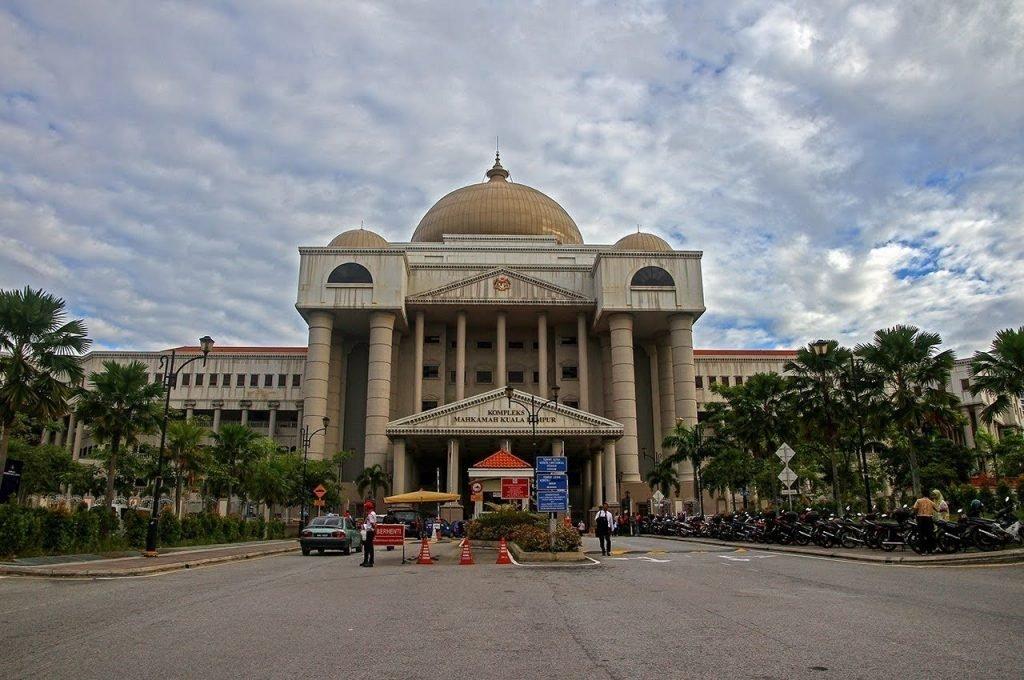Retired judges sue govt, PM over lack of pension increment
They are seeking a declaration that the failure to fix an appropriate increment of more than 2% in their pension and other benefits is unconstitutional.
Just In
A total of 35 individuals comprising former members of the judiciary and seven widows of former judges have filed a suit against the Malaysian government and three others over the failure to fix an appropriate increase in the pension and benefits received since 2015.
The retired judges included former Court of Appeal president Alauddin Mohd Sheriff, former chief judges of Malaya Siti Norma Yaakob and Haidar Mohamed Nor, and former Court of Appeal judge Mohamad Ariff Md Yunos, who is also former Dewan Rakyat speaker.
They filed the originating summons last week at the Kuala Lumpur High Court, naming the government, prime minister, Cabinet and director-general of public service as the first to fourth defendants.
They are seeking a declaration that the failure to fix through a government gazette an appropriate increment of more than 2% in their pension and other benefits pursuant to Section 15B (2) of the Judges’ Remuneration Act 1971 (Act 45) violates Articles 125 (7) and 125 (9) of the Federal Constitution.
They are also seeking an order that the second or third defendant – the prime minister and Cabinet, respectively) advise the Yang di-Pertuan Agong to fix a higher increment of more than 2% annually for the pension and other benefits given to them, effective July 1, 2015 pursuant to Section 15B (2) of Act 45.
They also said that pursuant to Section 15B of the Judges’ Remuneration Act 1971, the pensions of retired judges and the dependents of deceased judges were adjusted automatically based on the current salaries of serving judges which were reviewed in stages from time to time, as required under Articles 125 (7) and 125 (9) of the Federal Constitution.
They said the method of calculating the adjustment was stated in the Third and Fourth Schedules of the act, but that it had been deleted from the act, causing their rights to be affected when the salary of the serving judges was increased with effect from July 1, 2015.
“Under the provisions of Section 15B of the Judges’ Remuneration Act 1971 (before it was amended), the plaintiffs’ pension would be automatically adjusted in line with the salary increment of the serving judges.
“However, in accordance with the provisions of Section 15B (1) (after the amendment and calculated retrospectively), the pension of retired judges was adjusted every year with a 2% increase and no longer took into account the salary increment received by the serving judges,” they said.
They said the situation resulted in judges appointed before Jan 1, 2014 receiving a lower pension.
They also said that Article 125 (7), read together with Article 125 (9) of the Federal Constitution, states that the pension rights of a judge shall not be altered to his disadvantage after his appointment.
Subscribe to our newsletter
To be updated with all the latest news and analyses daily.
